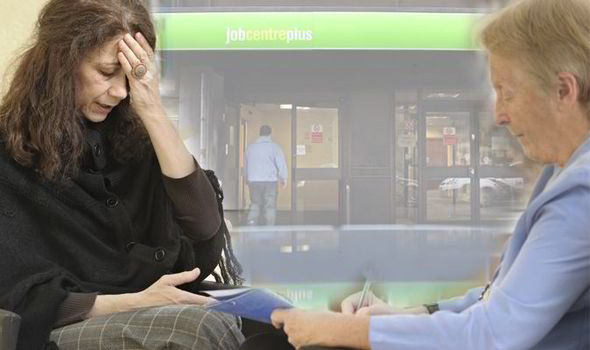-
Tips for becoming a good boxer - November 6, 2020
-
7 expert tips for making your hens night a memorable one - November 6, 2020
-
5 reasons to host your Christmas party on a cruise boat - November 6, 2020
-
What to do when you’re charged with a crime - November 6, 2020
-
Should you get one or multiple dogs? Here’s all you need to know - November 3, 2020
-
A Guide: How to Build Your Very Own Magic Mirror - February 14, 2019
-
Our Top Inspirational Baseball Stars - November 24, 2018
-
Five Tech Tools That Will Help You Turn Your Blog into a Business - November 24, 2018
-
How to Indulge on Vacation without Expanding Your Waist - November 9, 2018
-
5 Strategies for Businesses to Appeal to Today’s Increasingly Mobile-Crazed Customers - November 9, 2018
Not enough face-to-face time with friends and family ‘DOUBLES risk of depression’
Face-to-face contact can beat back depression among the elderly, a study has found. On the other hand, texts, emails and phone calls, while they may be more convenient methods of communicating for relatives and friends, just don’t cut it when it comes to improving the mental well-being of seniors.
Advertisement
Those who saw friends and family at least three times a week had a 6.5% risk of depression two years later, compared with 11.5% for those who only saw friends and family every few months.
The study authors are also very quick to remind that “social content” needs to be person-to-person if you want to reap the benefits.
The study was published in the peer-reviewed Journal of the American Geriatric Society.
While the study supports the importance of face-to-face contact in preventing depression in older people, it doesn’t prove that low social contact directly causes depression. The survey measured a wide variety of health and social factors, including how much time a person spent socializing, with whom they spent this time, as well as self-reported signs of depression.
Lead study author Alan Teo, who is an assistant professor of psychiatry at Oregon Health and Science University, says the connection between in-person contact and wellbeing isn’t just a correlation.
The researchers also found that frequency of telephone, written or email contact had no effect on participants’ risk for depression.
Study participants who met up with family and friends at least three times a week had the lowest level of depressive symptoms two years later than those who had less frequent contact.
Teo and colleagues assessed more than 11,000 adults aged 50 and older who participated in the longitudinal Health and Retirement Study at the University of Michigan. They were astonished to see that over the time, youngsters in the therapy group were at risk for depression, but they were better at work, good in personal relationships and having more depression free days.
“I would like to dig into use of Facebook and other social media in this group and see if there is a role for these newer ways of connecting with people in the younger age groups”, he said.
The team found that all forms of socialisation are not equal. “This study is perhaps the first to be able to offer a few really concrete evidence that you are probably better off if you make sure to regularly spend quality time together with people”. Does Mode of Contact with Different Types of Social Relationships Predict Depression Among Older Adults?
Doctors should therefore consider “encouraging face-to-face social interactions as a preventive strategy for depression”, they say.
Advertisement
Another limitation of the study is it looked at a sample of older adults in the U.S. who may not be representative of people in the UK.





























